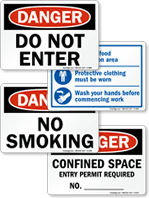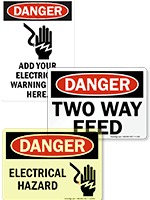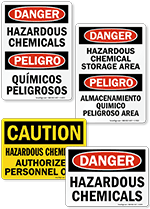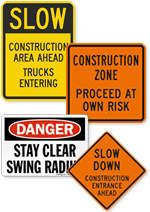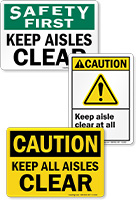Wyoming poised to pass legislation that addresses its “deadliest workplace” status
By the end of the year, Wyoming lawmakers could take a decisive step in the state’s long battle to reduce workplace fatalities. Wyoming is often ranked as one of the country’s most dangerous places to work. Since 2001, the state has repeatedly seen the highest ratio of workplace-related deaths in the nation, and reached a five-year high of 35 deaths in 2012.
Earlier this month, the Labor, Health and Social Services Committee agreed to reconcile two bills that call for significantly increasing the civil fines for workplace safety violations that result in a death.
Currently, work-related fatalities occurring in the state elicit a $7,000 maximum penalty, if the safety violation is found to be “serious” (capable of causing “an accident or illness that would most likely result in death or serious physical harm”). If the violation is determined to be “willful” (“in which the employer either knowingly failed to comply with a legal requirement or acted with plain indifference to employee safety”) the maximum fine increases to $70,000.
The proposed bill from Senator Charles Scott would impose a flat $50,000 penalty if Occupational Safety and Health Administration (OSHA) investigators find a workplace safety violation “materially contributed to causing the death of an employee.” That’s on top of any fines assessed for individual violations.
The second bill, from Representative Mary Throne, builds on a 2010 proposal that received approval from the House but not the Senate. Throne’s plan calls for assessing different fines depending on the violation, as well as the size of the company. For serious violations, the maximum civil penalty would increase to $12,000. If the violation resulted in an employee death, the maximum rises to $50,000. However if an employer is shown to have “willfully and knowingly” violated the law, the civil penalty could go as high as $120,000 – compared to the current $70,000 limit. Willful violations that are determined to cause a fatality would incur a maximum $250,000 fine. Throne and Scott plan to combine the two proposals into a new bill for the committee to review in December.
Both pieces of legislation were fueled, in part, by the outcry from families who lost loved ones due to workplace safety violations. One construction company paid a penalty of just $6,800, for the 2012 death of a construction worker who was hit in the head by an excavator bucket while working in a trench. Just a year later, the company was fined for a similar incident.
For years the state has attempted to reduce the fatality rate through voluntary, collaborative efforts. In 2012 legislators created industry safety coalitions, established a fund for employers to acquire safety training and equipment and offered “courtesy inspectors, who will visit job sites when invited and review them for compliance with government safety rules.” In 2013, employers were offered discounts on workers’ compensation premiums if they completed a safety program. The Wyoming Department of Workforce Services reports the measures helped reduce the state’s workplace fatality rate to 26 in 2013, but the U.S. Bureau of Labor Statistics has yet to release a final tally.
Category: OSHA, Uncategorized




